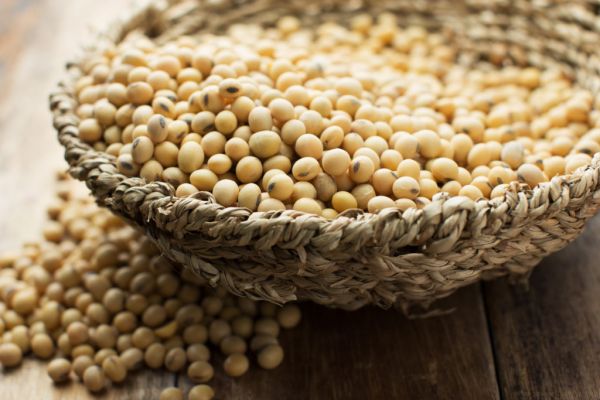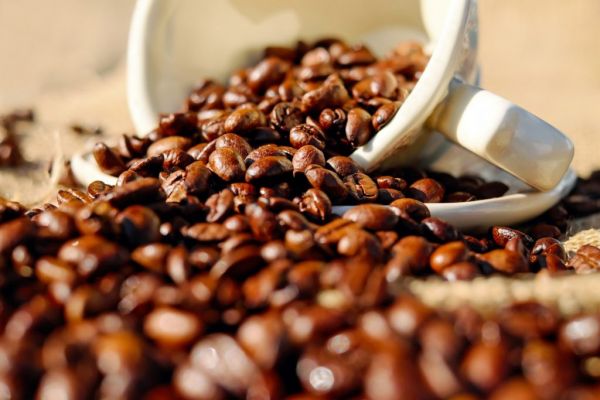American snack lovers may find President Donald Trump’s tough-on-trade policies encroaching a little close to home as the US widens its gaze from Chinese steel and Canadian lumber to Spanish table olives.
The Commerce Department is investigating whether Spain is dumping its olives - specifically the mild, slightly drier black types used in sandwiches, salads and pizzas - on the US market. The move has prompted intervention by the European Commission in support of its producers and drawn criticism from the continent’s main farming lobby.
The US International Trade Commission, which is investigating the claim in tandem with Commerce, voted unanimously Friday to proceed with the inquiry. The investigation may result in punitive tariffs later this year that could pull the plug on Spanish olive imports.
The probe is the latest in a growing list of products being targeted by the US, ranging from steel and aluminium to dairy, lumber and corn. The table-olive market is tiny by comparison. Yet for Spain, the world’s biggest producer, the US represents a crucial market as its top customer, accounting for 24 percent of the nation’s olive exports.
Olive Imports
While European producers argue they’re being unfairly targeted, US farmers see Spain as an existential threat to an industry that’s as old as California, where almost all US olives are grown.
"My three sons are all farming olives, and my oldest grandson is interested too," said Dennis Burreson, 69, who cultivates 40,000 olive trees near Chico, California. "That’s kind of the dream, but it’s getting to the point where you don’t know if the dream will be real."
The Commerce Department said last month it was looking into whether the Spanish imports of so-called ripe olives are being dumped in the US market at less than fair value. The US "will act swiftly to halt any unfair trade practices,” Commerce Secretary Wilbur Ross said in a statement at the time.
While the olive market is much smaller than lumber or steel, the US relies heavily on imports. The country bought 167,000 metric tons of foreign olives last year, almost half of which came from Spain. The US also imports olives from countries including Greece, Mexico and Morocco.
The investigation followed a June complaint filed by the Coalition for Fair Trade in Ripe Olives on behalf of its two members, Bell-Carter Foods Inc. and Musco Family Olive Co. They argue that a decades-long industry decline has been accelerated by European subsidies that allowed Spanish olives to take more of the domestic retail market share.
Fewer than 900 table-olive farmers remain in the US, and many that are left are decreasing production. Burreson, who at 400 acres of trees is one of the larger farmers, pulled out 40 acres of olives eight months ago. That means less supply for processing, said Tim Carter, chief executive officer of Bell-Carter Foods, one of two processors still in business compared with more than 20 a half-century ago.
"This has become a matter of our survival," he said in an interview.
Crucial Market
For Spain, the US is a crucial market and the potential restrictions could cost the local industry 350 million euros ($414 million) within five years, according to exporters association Asemesa.
US producers are using the complaint to try to eliminate the competition that the exports of the Spanish operators pose, which would hurt American consumers, said Asemesa Secretary General Antonio de Mora. The complaint also reaches beyond just olives, as it “calls into question the basic pillars of the common agricultural policy” of the EU, he said.
The European Commission has followed the case since the complaint was made and is providing Spanish producers with legal support, a spokesperson said in response to questions. "The European Commission is intervening to defend the rights of the Spanish producers to export to the US in line with the World Trade Organization rules," he said.
The US investigation could set a precedent for other sectors and EU trade partners, the 28-member trade bloc’s farming lobby warned.
"Copa and Cogeca consider it unacceptable that the main EU agri-food export market - the US - can impose protectionist measures against our products without justification," the group’s secretary general, Pekka Pesonen, said in a statement.














